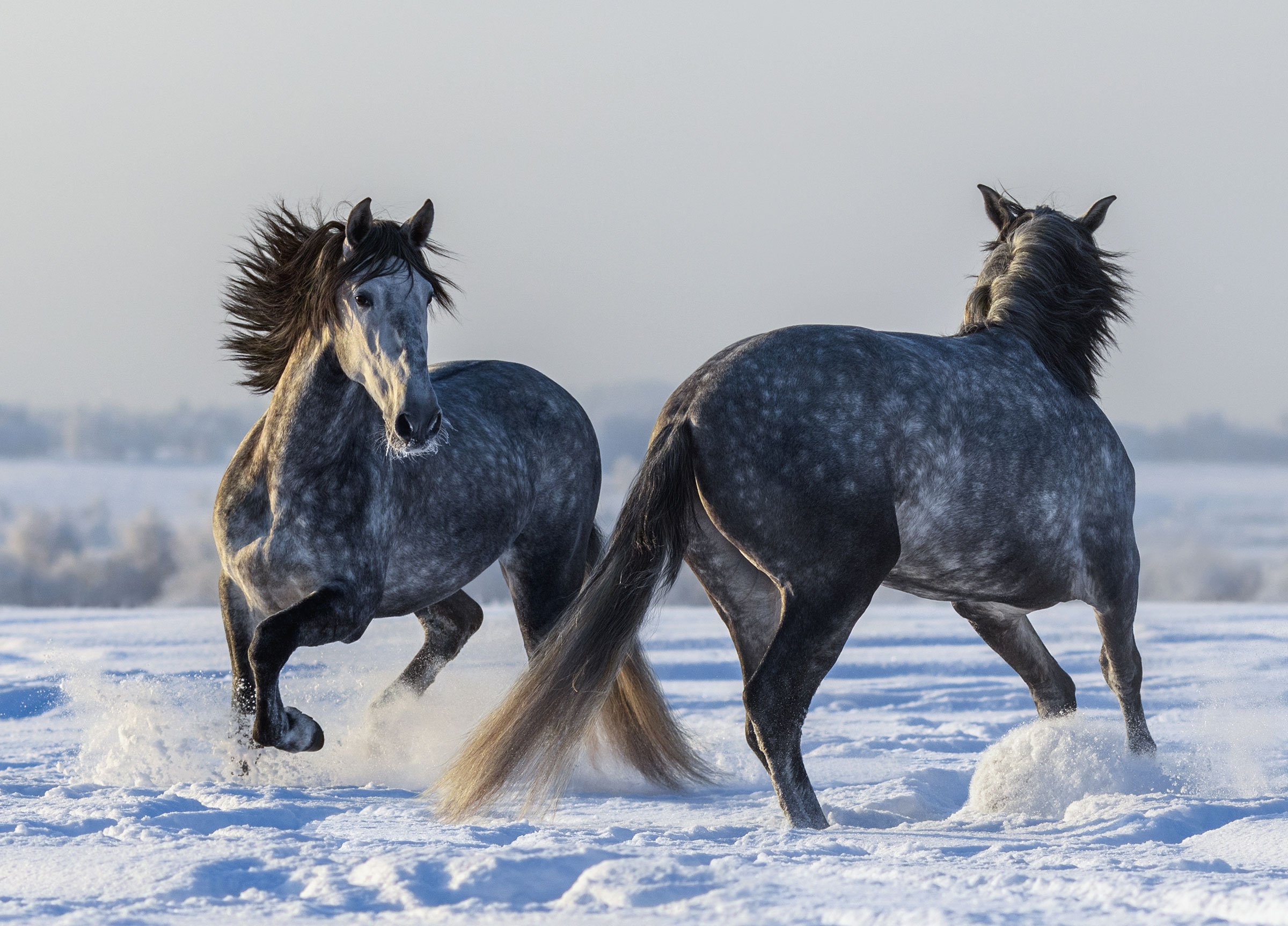
What’s your horse’s “normal” behavior telling you?
It might be the opposite of what you think. Watching horses play in the pasture can provide entertainment for stable managers. Traditionally, horse owners have been taught that play is an outlet for excess energy.
Horseplay is a natural part of equine interactions. But play might not always be a signal of “good” behavior, according to Carissa Wickens, PhD, an Assistant Professor, State Extension Horse Specialist at the University of Florida. She said that play fighting is more than an energy outlet—it’s a stress relief.
The link between “horse play” and stress
In 2012, a team of researchers from Ethologie Animale et Humaine in France found evidence that ‘playful’ animals were suffering from more chronic stress than ‘non-playful’ horses. The more often the horse played, the higher level of stress he was under.
The study, On the significance of adult play: what does social play tell us about adult horse welfare?, noted that “most stress indicators measured differed between ‘players’ and ‘non-players,’ revealing that most ‘playful’ animals were suffering from more chronic stress than ‘non-playful’ horses.”
Young horses regularly play as part of their formative years. Adult horses are much less inclined to do so, though it’s not totally out of the question. Working with a veterinarian to eliminate the possibility of physical problems is key. Horses that begin playing more than usual might be showing signs of needing time off to de-stress.
“It’s not to say that play is a negative,” Wickens said. “It just means it’s worth considering what is causing the horses to play and to be careful about which horses are paired together in pastures.”
Should you separate playful horses and calm horses? It’s not a bad idea.
Playful horses might need to be grouped with other exuberant individuals so that those less inclined to engage in play have a chance to rest. Observe the herd dynamics and make adjustments as needed.


